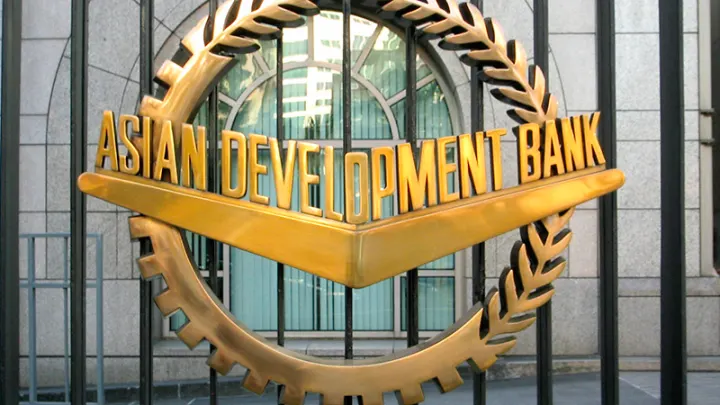
DHAKA, Nov 18, 2024 (BSS) - Governments in Asia and the Pacific must invest
in education and training to comprehensively develop climate literacy and
green skills needed for low-carbon economies.
A new report from the Asian Development Bank (ADB) suggests that education
systems and nationally determined contributions (NDCs) have not yet caught up
with the human development needs of climate resilient economic growth.
Globally, the demand for green jobs is outpacing the supply of green workers,
according to the ADB's Climate Change and Education Playbook launched today.
The report also stressed the need for adapting schools to the impacts of
climate change as extreme weather is significantly increasing school closures
and affecting learning outcomes and household incomes over the long-term.
With the right green investments, the transition to a low-carbon economy
could create more than 230 million jobs in Asia and the Pacific by 2030,
according to the report.
Around eight million coal industry workers in the region will need reskilling
as coal industries are phasing out. Additionally, all 4.7 billion citizens in
the region require basic climate knowledge and awareness.
The report said Bangladesh's coastal location and low-lying land render it
one of the most vulnerable countries in the world to climate change leading
to high economic and non-economic costs related to loss and damage (e.g.,
loss of life, mobility, environment, health, and/or knowledge).
In the last decade, flooding incidences have worsened in terms of frequency
and magnitude. Climate projections indicate that this trend is expected to
continue with rising temperatures and precipitation.
Failure to address climate change impacts is estimated to result in a 6.8
percent loss in GDP per year by 2030.
The increasing pressures of climate change, coupled with the global push for
sustainability, demand that businesses shift toward climate-resilient and
resource-efficient industry practices and adoption of green technologies
essential for economic competitiveness.
However, there is a significant gap in green skills among the current
workforce and a shortage of competent mid-level managers, who can champion
climate resilient business models and environmentally conscious operations.
These shortcomings hinder industries from integrating green technologies and
sustainable practices that can increase industry competitiveness and move up
the global value chains.
Compounded by underemployment and rising youth unemployment, this lack of
skilled green workforce contributes to a missed opportunity for inclusive
green growth.
In India for example, the report said students who experience prolonged
exposure to storms are about seven percent more likely to fall behind in
school and will experience an eight percent drop in household income on
average, according.
Last year, extreme heat in the Philippines closed schools for 32 days while
Pakistan's devastating floods in 2022 damaged some 17,000 schools, disrupting
education for 2.6 million children, according to the ADB report.
"Making education systems climate-ready is a key policy agenda in the coming
years," said ADB Sectors Group Director General Ramesh Subramaniam.
"We must make education systems climate-ready at various levels-from the
curriculum, to infrastructure, and teacher education so that students develop
the skills to enable the green transition," he added.
The report aligns with the Baku Initiative on Human Development for Climate
Resilience launched today at a COP29 high-level meeting attended by COP
President and Azerbaijan Minister for Ecology and Natural Resources Mukhtar
Babayev, Subramaniam, and other global development organizations and
government representatives.
The report makes several calls to action to build climate resilience through
education, such as enabling transformative climate literacy for children and
youth; building green skills for the current and future workforce;
incorporating the human dimension into upcoming NDCs and support the
education and training of women, disadvantaged youth and the marginalized to
pursue climate-resilient pathways.
Governments in developing Asia must ensure that they incorporate clear,
substantive measures to harness education and training in forthcoming updates
to their NDCs under the Paris Agreement.
Doing so can ensure that education systems strategically enable countries'
paths to decarbonization based on climate literacy, green skills, and the
research and development required to achieve national mitigation and
adaptation goals.
ADB recently announced a new financing programme that will enable it to
increase its education investments.
Under a partnership signed with the International Finance Facility for
Education--a sovereign backed-Swiss foundation, the organization will
guarantee $125 million of ADB's existing loan portfolio which the bank will
then leverage four times to generate a new $500 million in new concessional
financing for lower middle-income countries in Asia and the Pacific.